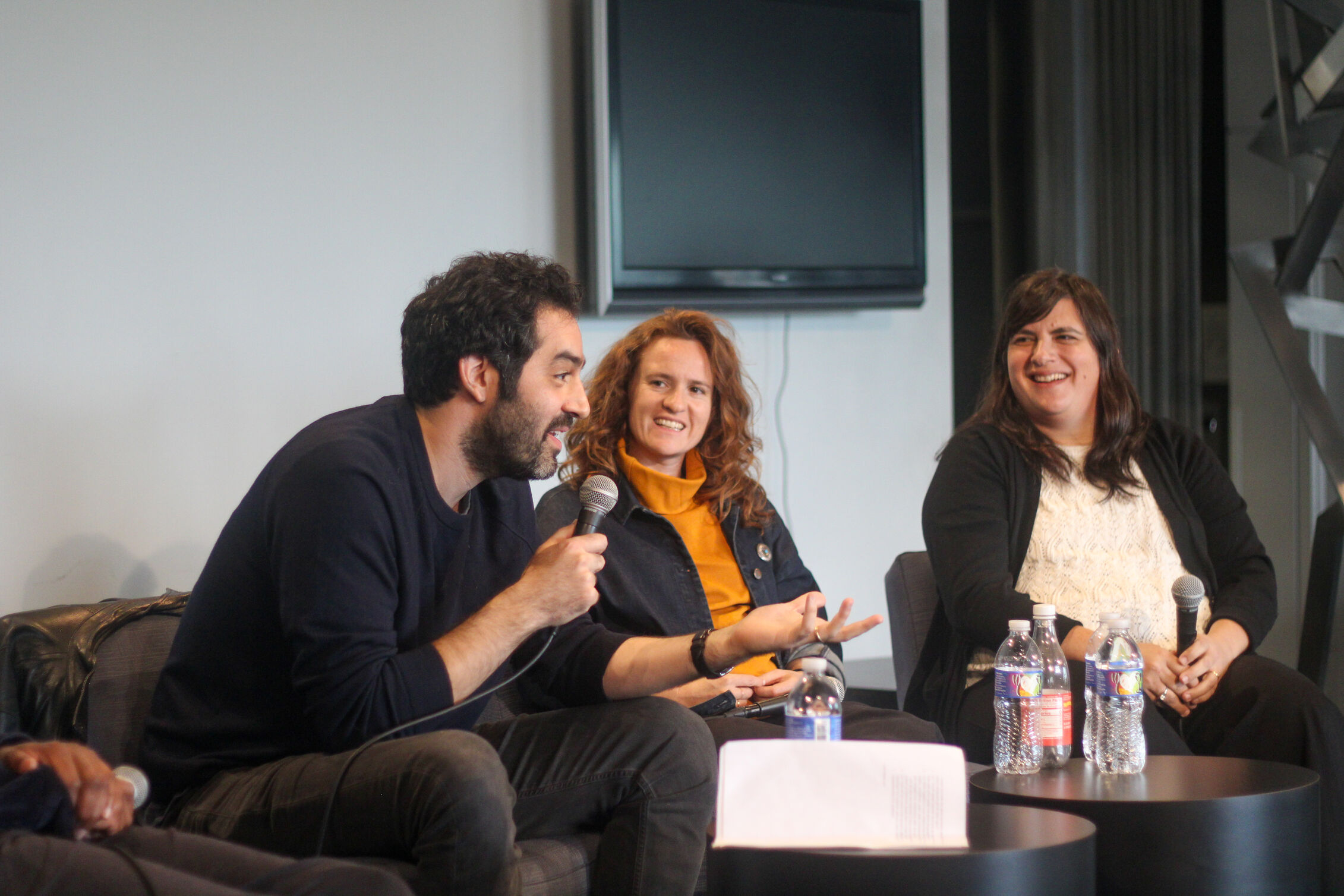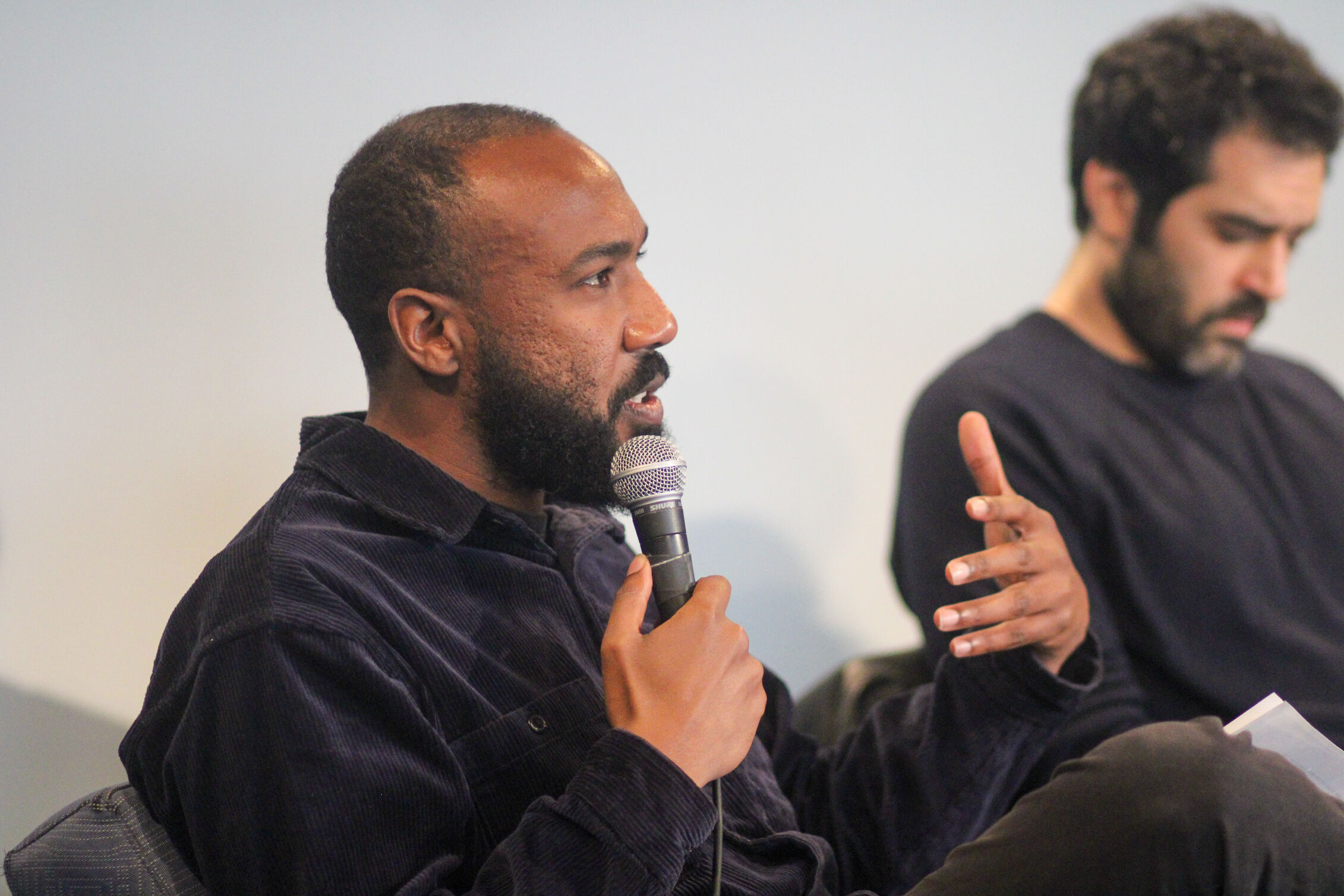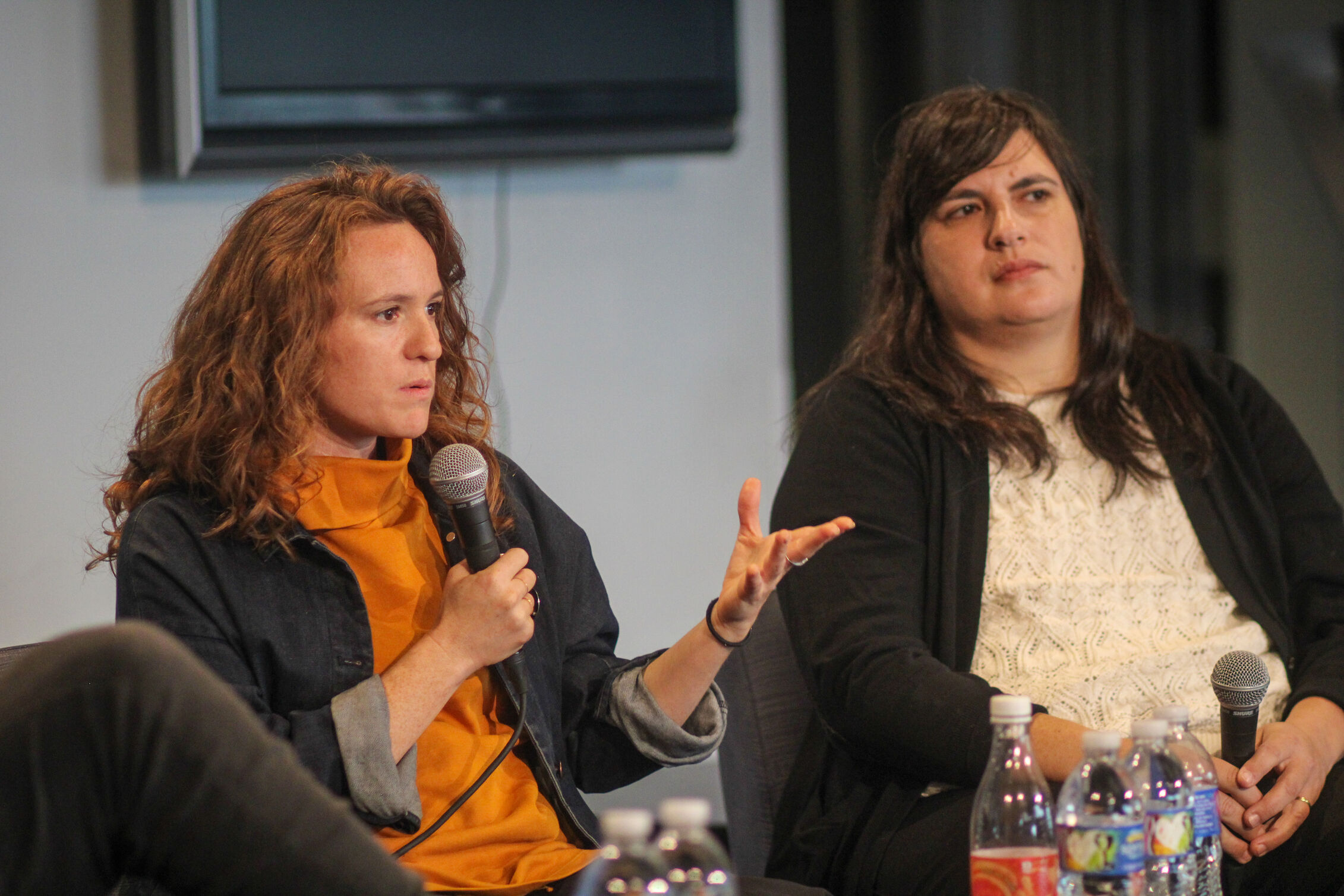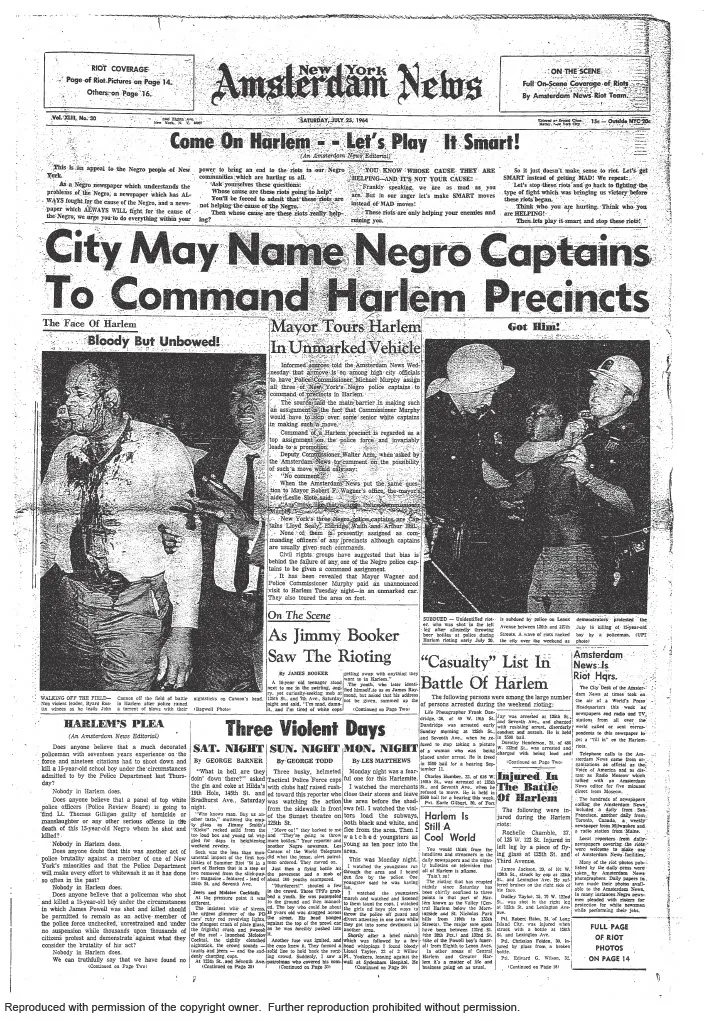November 21, 2024
Celebrating Ethical Journalism, Overcoming Newsroom Myopia Post-Election, Ethics Chatbots, & Upcoming Events + Our New Look 🎉

News audiences seldom see or appreciate the myriad ethical questions that may arise during the reporting and editing of stories, and sometimes our audiences have questions of their own: Was the journalism produced in an ethical manner? Were issues of fair comment, balance, privacy, conflict disclosure, and source protection confronted seriously? Was the data deployed honestly? How in the world would we know?
Journalists haven’t traditionally shared how the sausage is made and often haven’t felt it was necessary or right or possible to get into the details of specific ethical questions faced along the way. But “just trust us when we say that we got it right,” seems too often to be our mantra.
The launch this fall of the Peter F. Collier Award for Ethics in Journalism gives us the opportunity to recognize and discuss great works of journalism of the past year that have successfully navigated difficult ethical questions. We can use the awards to inform our audiences of what we stand for as a profession and what is honorable and right in our work, and we can explain the basics and nuances of the ethical decision-making the public should expect from purveyors of news and information worthy of their trust and investment.
When the Ethics & Journalism Initiative was launched a year ago by Steve Adler, former editor-in-chief of Reuters and current board chair of the Reporters Committee for Freedom of the Press, we set about to advance ethical journalistic practices in the public interest in a variety of ways, including lectures, panels and workshops, mentoring, writing and creating a hub of information and resources for journalists. The new Collier Award extends that mission.
A panel of judges for the Collier Award will select the best works of national or international impact, local or regional, as well as student journalism, that meet the highest ethical standards in the face of pressure or incentives to do otherwise. The award, generously funded by Nathan S. Collier, founder and chairman of the Collier Companies, will award individual cash prizes of as much as $15,000, and honors Mr. Collier’s great grand uncle, Peter F. Collier, who emigrated from Ireland in 1866, became a book publisher, and founded Collier’s Weekly magazine in 1888.
We’re asking applicants to describe how they dealt ethically and effectively with at least three of the following issues they confronted in their work, or other challenges they faced:
- Minimizing harm to sources, subjects, or others in the community
- Determining whether and how to identify sensitive sources
- Balancing privacy considerations with the imperative to disclose information in the public interest
- Providing a fair opportunity to respond and upholding the “no-surprises rule,” despite the risk of losing exclusivity or triggering a pre-publication attack on the story
- Ethically deploying data or artificial intelligence
- Avoiding false equivalency when the factual bases for opposing views are unequal (for more on this topic, check out Gina Chua’s latest for ethicsandjournalism.org)
- Providing transparency to the news consumer about how you made the ethical choices that went into the reporting of the story
Publicly honoring these journalists and newsrooms and hosting a symposium to discuss their work in April gives us an opportunity to engage with news consumers about the important ethical tenets that should be at the heart of all serious and responsible journalism. This alone certainly won’t reverse the increasing mistrust of our profession by the public, but placing a spotlight on what’s right and honorable can help to educate current and future audiences and encourage our fellow journalists to strive to meet the highest standards.
📣
The Peter F. Collier Awards for Ethics in Journalism will recognize excellent work in three categories – student, local, and national/international significance – and will present individual cash awards of up to $15,000. The deadline for submissions is Dec. 9, 2024, at 11:59pm EST.
To learn more about the award and the application process, please see our Submission Guidelines or email Project Manager Ryan Howzell with any questions.
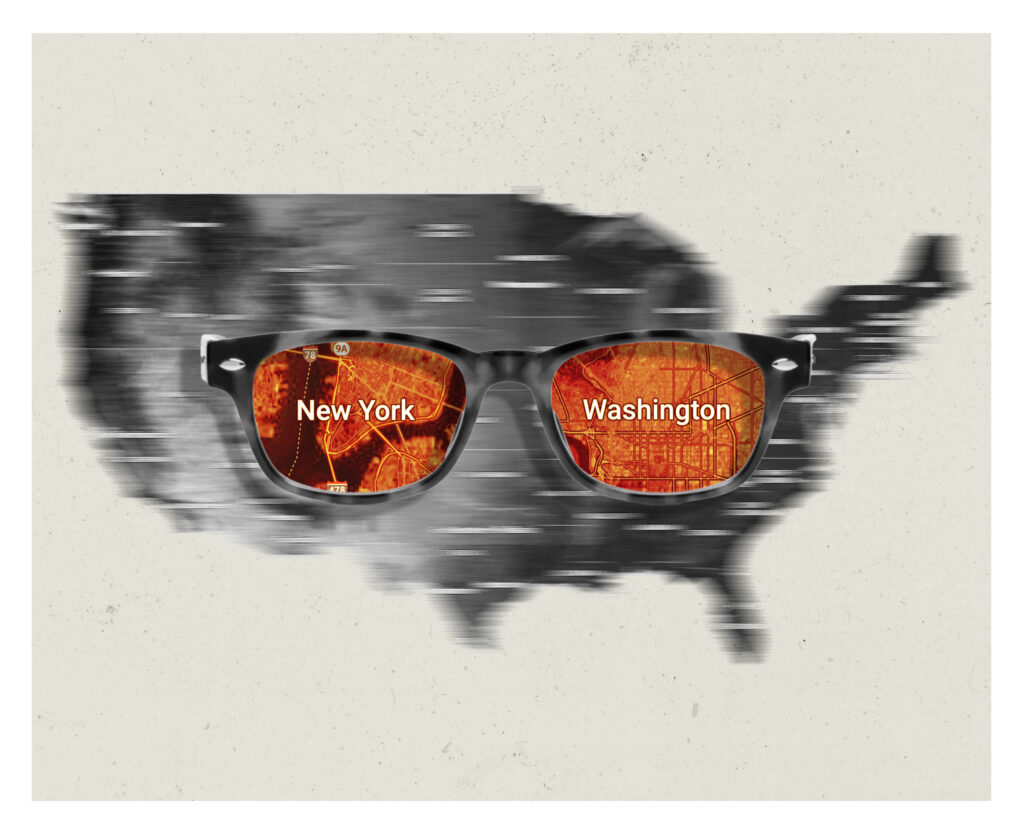
Google Maps / Illustration by Katie Kosma
By Stephen J. Adler
In all the lacerating postmortems on what the media got wrong in covering the 2024 election, one of what should be the most salient questions is largely being ignored: If the major national news organizations are all based in Manhattan and DC—where Kamala Harris racked up 81 and 90 percent of the vote, respectively—how can they possibly reflect the concerns of the rest of the country?
No matter how hard we try, confirmation bias has to influence where our imaginations and curiosity can go; it’s the way the human mind works. If all the campaign buttons, T-shirts, lawn signs, and friends and family around you favor Harris, and if you and your peers have college degrees and are getting by economically, and if your inbox is filled with newsletters written by people whose views mirror your own, can you really think differently about what the country looks like to a majority of Americans? If almost everyone in the newsroom, including its leaders, thinks alike, how can different understandings emerge in their work?
The solution: establish true partnerships of equals with local outlets to balance national perspective with local knowledge. Read our full post-election collaboration with the Columbia Journalism Review here.
By Ryan Howzell
Journalist Adam Penenberg is looking for ways to bring ethics codes to life — or at least, artificial life.
Penenberg, who broke the Stephen Glass scandal as a reporter at Forbes, is the principal author of the NYU Ethics Handbook, a 35-page guide for journalism students modeled after newsroom ethics codes. Last year, as ChatGPT use among students exploded, faculty added an addendum on ethical uses of Generative AI tools.
Read the full NYU Ethics Handbook
Tools like ChatGPT allow students to draft an essay or summarize a reading in the span of seconds. But Penenberg, now an associate professor at New York University’s Arthur L. Carter Journalism Institute and director of the American Journalism Online Program, sees another way that these new tools can assist in his classroom. “There’s a real alarm now with students coming into programs not being able to engage in critical thinking,” which is crucial for journalists, including when teasing out complex ethical questions, Penenberg says.
In response to these concerns, he built a personal chatbot for his journalism ethics class. Here’s how it works: Penenberg uploaded the class syllabus and his own writings and analysis and configured the bot to debate ethical case studies with the students. “I have it acting like a very aggressive debater who’s going to take down your argument,” Penenberg explains, “[so] you have to really know the issues and know how to laser focus on certain things.”
Penenberg describes how the bot pushes back on students’ sweeping claims, forcing them to think critically or interrogate their use of general terms like morality, newsworthiness, and privacy. When students argue, for example, that the subject of a story was a public figure, the bot might assert that he was retired. If the student posits that an act was immoral, the bot might counter, “What do you mean by immoral?” Rather than offering hard-and-fast rules, “it would help you arrive at the conclusion. It wouldn’t tell you” if a path is right or wrong, says Penenberg.
J-schools have a unique responsibility to affirmatively deploy AI in a way that enhances rather than dilutes the learning process, Penenberg says, introducing students to the rigorous decision-making processes occurring within newsrooms daily. “How do I know they’re learning?” Penenberg often asks himself after class. Tossing them a robot challenger might be the first step.
Read the NYU Ethics Handbook and other newsroom ethics codes and AI Guidelines at ethicsandjournalism.org/resources.
Covering protests, climate, politics, and more come with unique safety risks. Kerry Paterson, director of global safety, risk and resilience at the Associated Press and former deputy director of emergencies at the Committee to Protect Journalists, will discuss strategies for protecting yourself and your newsroom.
Snapshots from our immigration panel led by Mazin Sidahmed, co-executive director at Documented, an independent, non-profit newsroom dedicated to reporting with and for immigrant communities in New York City, and featuring Jonathan Blitzer, staff writer for The New Yorker; Mica Rosenberg, investigative reporter covering immigration for ProPublica; and Gwynne Hogan, Brooklyn reporter at the CITY.


